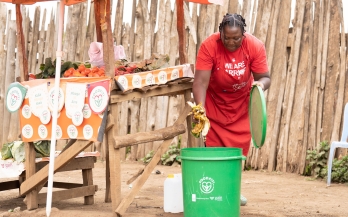


Local and traditional food markets for thriving ‘’smart cities’’
Local and traditional food retail markets are inherent in a city’s social fabric and the urban food environment. Millions of residents connect daily through food at local and traditional markets; and for many low income urban residents, this is their primary source of food. Thousands of tons of fresh, dried and on ice produce flow into these retail and wholesale-retail hybrid markets, bought by consumers directly and/or by food-outlets, restaurants, and last mile vendors.
GAIN@COP30 Belém, Brazil
- Global
The 30th Conference of Parties to the United Nations Framework Convention on Climate Change (COP30) will take place in Belém, Brazil, from Monday 10 to Friday 21 November 2025. The COPs are an annual opportunity for Parties and non-Party stakeholders to meet and shape our international response to climate change.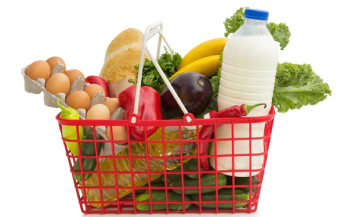
True Cost of Food Basket
- 11/10/2025
Global food systems generate a wide range of health, environmental, and socio-economic externalities that vary across regions, demographic groups, value chains, and production contexts. These include positive effects such as improved food and nutrition security, better air and water quality, job creation and community development, but also negative outcomes such as malnutrition and diet-related diseases, climate change and land degradation, unfair labour practices and rights violations. Yet, these costs and benefits are rarely reflected in the market price of food. To design future food systems that promote health, environmental sustainability, social equity/justice, and resilience, we must make these hidden impacts visible and act upon them.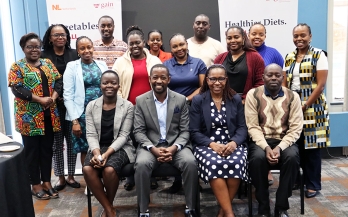
Media Urged to Champion Nutrition Agenda Amid Surge in Diet-related Non-Communicable Diseases (NCDs)
Senior editors and nutrition media champions met in Nairobi on Friday for a Media Roundtable on Nutrition Education and Advocacy, jointly hosted by the Ministry of Health and the Global Alliance for Improved Nutrition (GAIN) Kenya.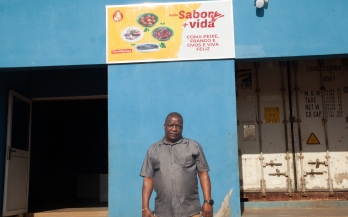
Mozambique: Nourishing rural markets with fresh and safe food supplies
Chimoio, Mozambique – A white Hino truck rattles under its own weight on the bumpy road, while its tires throwing particles of dust from the asphalt in the air from the district of Cantandica, Manica province, central Mozambique.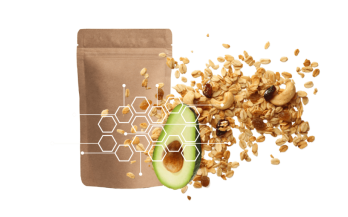
Improving affordability of nutritious foods through packaging innovations
Food packaging is ubiquitous in the modern world but also easily forgettable: once we’ve dumped the crackers out of their bag and into our hand, or scraped the last of the yoghurt out of the bottom of its plastic pot, we usually toss the packaging into the bin without a second thought.
Reflecting on Progress Since UNFSS+2
EP 23
35 minutes▶ Play this episode
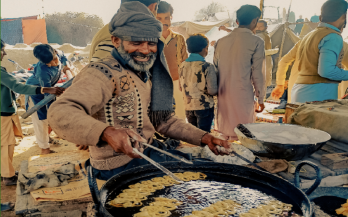
GAIN Working Paper n°54: Leveraging Food Culture in India to Promote Nutritious and Sustainable Food Preferences
- 09/07/2025
Food culture is often understood as the practices, beliefs, and traditions surrounding food and eating within a particular society or community. It encompasses various aspects of traditional dishes and recipes, culinary techniques and cooking methods, mealtime rituals, social aspects, and symbolism. Food culture in a critical factor shaping food choices by influencing eating and dietary norms and habitual behaviours. Given this, it is essential to clearly define the dimensions of food culture (particular to a country or region) if one is to seek to leverage its profound impact on individuals and communities. This working paper thus explores the multidimensional nature of food culture in India, emphasising its deep-rooted connections to cultural identity, social bonding, and wellbeing.